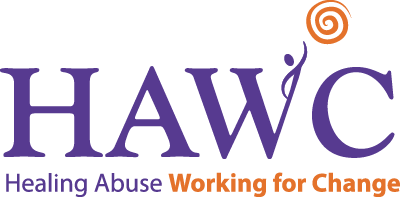Shame and guilt, emotional abuse, cultural and religious tradition, and societal misconceptions contribute to an abuse survivor’s silence. As a result, you might not realize that a person you love is experiencing abuse. However, with one in three women and one in four men experiencing domestic abuse in their lifetime, abuse has probably directly affected someone close to you.
If a person you know is experiencing abuse, he or she might:
- Have unexplained marks or injuries
- Stop spending time with friends or family
- Appear depressed or anxious
- Have noticeable mood or personality changes
- Excuse their partner’s bad behavior
- Get publicly insulted by their partner
- Act submissive around their partner or fear their partner’s extreme jealousy
Supporting abuse survivors is difficult. Because you care about this person, you might waver between wanting to “save” the survivor from their relationship and trying to respect their “privacy.” Find a perfect balance by empowering survivors to gradually take back control of their life in the following ways:
Learn more
Start a conversation
Offer unconditional support
The choice to leave an abusive situation is just one step in a gradual process. While this person’s actions might frustrate you sometimes, you must not judge. Instead, respect the many reasons why a survivor would choose to stay in or return to an abusive relationship. Support survivors if they remain with their abuser. If a survivor leaves an abuser, recognize that this person needs time to mourn the loss of the relationship or imagined future. Do not let this person feel alone in any part of the decision-making process. However, your safety is also important. You do not need to agree to spend time with the abuser, and it is okay to take necessary actions to protect yourself from danger.
Focus on small steps
Many people focus on ending abusive relationships rather than empowering survivors, but expecting survivors to leave their abusers can make survivors feed judged or pressured. Instead, encourage this person to make small steps:
- Invite this person to activities without the abuser. Many abusers use isolation to make a survivor to feel alone. By building outside support networks, this person might feel more empowered to leave.
- Help this person design a safety plan. Making concrete plans to remain safe during violent periods and after they’ve left helps survivors protect themselves in an emergency. Read HAWC’s safety tips to learn more.
- Offer moral support. Beginning to address an abusive relationship is overwhelming. If this person knows they have your support, they might be more likely to call HAWC’s hotline, visit the doctor, go to the police, or join a support group.
- Provide assistance with this person’s daily life. Abuse deeply affects a person’s life. This person might need help picking up children, applying to jobs, cleaning the house or caring for family, or traveling to different places. By offering specific favors, you make it easier to ask for help.
- Emphasize self-care. Everyone needs a friend who will make sure they drink water, eat food, get sleep, and take necessary medication when they are facing a challenging situation. Keeping up with these basic necessities really improves a person’s inner strength and self-worth.
Step back
Seeing someone you love get hurt is difficult. However, if the situation becomes too overwhelming or you find that you are not taking care of yourself, take a break. Lean on others and ask for advice without jeopardizing this person’s confidentiality. You must take care of yourself in order to take care of others.

